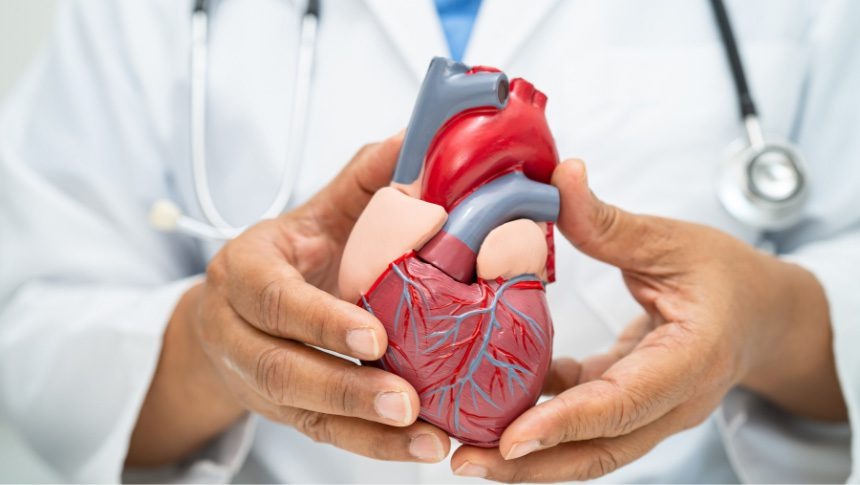Introduction to Kolltadihydo
The question “can kolltadihydo be cured” is one that has increasingly surfaced among those seeking clarity about rare and lesser-known health conditions. Kolltadihydo, while not widely recognized in mainstream medical literature, is often discussed in health forums, alternative wellness spaces, and research discussions as a condition associated with chronic symptoms that disrupt normal life. For many people, the uncertainty surrounding it raises anxiety, and the lack of definitive answers often makes the journey more challenging.
To understand whether kolltadihydo can be cured, it is important to first explore what the condition involves, what researchers and practitioners have discovered so far, and what possible treatments, management strategies, or preventive measures may exist. Even though science is continuously evolving, the question of cure versus management is crucial in determining how patients and caregivers approach the condition.
What is Kolltadihydo?
Although the term kolltadihydo is not as familiar as other medical diagnoses, it has been used to describe a group of persistent symptoms that may affect the immune system, metabolic functions, or nervous system. Patients who are said to have kolltadihydo often report ongoing fatigue, muscular pain, digestive discomfort, or difficulty concentrating. Because it does not appear in traditional medical textbooks, many assume that kolltadihydo falls into the category of rare or emerging conditions that require deeper investigation.
The complexity of kolltadihydo lies in its vague and overlapping symptoms, which may resemble other conditions such as autoimmune disorders, chronic fatigue syndromes, or hormonal imbalances. This overlap makes diagnosis difficult, leading some doctors to consider it a multifaceted health state rather than a single, isolated disease.
Can Kolltadihydo Be Cured?
The central question—can kolltadihydo be cured—is one without a simple yes or no answer. For many chronic or rare conditions, the word “cure” implies complete elimination of symptoms and a return to full health without relapse. At present, there is limited evidence to suggest that kolltadihydo can be permanently cured in all cases. However, there is growing evidence that the condition can be managed, controlled, and in some cases significantly improved through lifestyle adjustments, medical interventions, and supportive therapies.
Medical research often emphasizes that cures for complex conditions take time, as scientists must first fully understand the biological mechanisms at work. With kolltadihydo, the lack of definitive classification makes this process even harder. Nevertheless, patients who adopt holistic management approaches—balancing diet, rest, medication, stress reduction, and medical care—report substantial improvements in quality of life.
So while the direct answer to “can kolltadihydo be cured” remains uncertain, the possibility of leading a near-normal life through consistent management is much more realistic.
Treatment Approaches and Symptom Management
When examining kolltadihydo, most healthcare professionals focus less on the idea of an outright cure and more on symptom control. Some of the strategies suggested in different contexts include:
- Medical Supervision: Doctors may prescribe treatments aimed at reducing inflammation, balancing hormones, or supporting immune function depending on the patient’s dominant symptoms.
- Dietary Adjustments: Patients often find relief through nutrition-based approaches, removing trigger foods and adopting diets rich in whole, unprocessed ingredients.
- Mental Well-being: Since kolltadihydo can bring emotional distress, therapies such as counseling, meditation, or mindfulness play a key role in helping patients cope.
- Physical Therapy: Gentle exercises, yoga, or physiotherapy help maintain flexibility and prevent muscle stiffness, which are common complaints.
The treatment plan for kolltadihydo is rarely identical for all patients because the condition seems to manifest differently depending on individual physiology and environmental triggers.
The Role of Research and Future Prospects
Medical research into conditions like kolltadihydo is still developing, but it highlights one important truth: what cannot be fully cured today may still be curable tomorrow. Medical history has countless examples where once-mystifying conditions were eventually understood and successfully treated. Diseases such as tuberculosis and certain viral infections were once considered incurable but now have clear treatment pathways.
In the case of kolltadihydo, researchers are focusing on genetic factors, immune system dysfunction, and environmental influences that might contribute to its onset. Clinical studies are also exploring the potential of integrative medicine—combining conventional treatment with alternative therapies—to address both physical and psychological dimensions of the condition.
The question “can kolltadihydo be cured” might not yet have a definitive answer, but ongoing research inspires hope that clearer solutions may emerge in the coming years.
Living with Kolltadihydo
For many patients, life with kolltadihydo requires resilience, patience, and adaptability. The absence of a guaranteed cure does not mean the absence of improvement. Many individuals learn to recognize their triggers, adapt their lifestyle, and follow routines that minimize flare-ups. Support from family, friends, and patient communities also plays a major role in maintaining morale and reducing feelings of isolation.
It is equally important to highlight the psychological aspect of dealing with a condition like kolltadihydo. Chronic health challenges often bring stress, depression, or anxiety. Patients who focus on mental health alongside physical care report better long-term outcomes, demonstrating that healing is a holistic process that goes beyond physical treatment alone.
The Importance of Awareness
One of the key barriers to answering whether kolltadihydo can be cured is the lack of widespread awareness. When a condition is poorly understood or rarely acknowledged, it delays funding for research, reduces medical attention, and limits the development of targeted treatments. Awareness campaigns, patient advocacy, and education for healthcare providers are essential to push kolltadihydo into mainstream medical discussions.
As awareness grows, more data will become available, helping scientists map patterns, test therapies, and eventually reach more concrete conclusions about potential cures. Until then, patients continue to serve as pioneers, contributing their experiences and insights to help medical professionals better understand the condition.
Hope for the Future
Hope remains the most powerful medicine for many living with kolltadihydo. While science is still catching up, the future may bring genetic therapies, personalized medicine, or advanced technologies that offer solutions we cannot imagine today. For now, patients and caregivers must hold onto the belief that improvement is possible and that medical progress continues to move forward.
The story of kolltadihydo is not only about a medical challenge but also about the human spirit’s ability to adapt and persevere. Asking “can kolltadihydo be cured” reflects not only a search for medical answers but also a desire for a healthier, more fulfilling life.
FAQs About Kolltadihydo
What exactly is kolltadihydo?
Kolltadihydo is described as a condition with chronic symptoms affecting energy levels, muscle health, and general well-being, though it is not fully recognized in traditional medical systems.
Can kolltadihydo be cured completely?
Currently, there is no confirmed permanent cure, but many patients manage their symptoms effectively with lifestyle changes, medical care, and supportive therapies.
How do doctors treat kolltadihydo?
Treatment usually focuses on symptom management, which may include medication, diet adjustments, mental health support, and physical therapy.
Is kolltadihydo life-threatening?
Most reports suggest it is not directly life-threatening but can greatly impact quality of life due to chronic symptoms and emotional strain.
What is the future outlook for kolltadihydo treatment?
With ongoing research and greater awareness, the chances of finding more effective treatments—and possibly a cure—are improving, offering hope for patients worldwide




